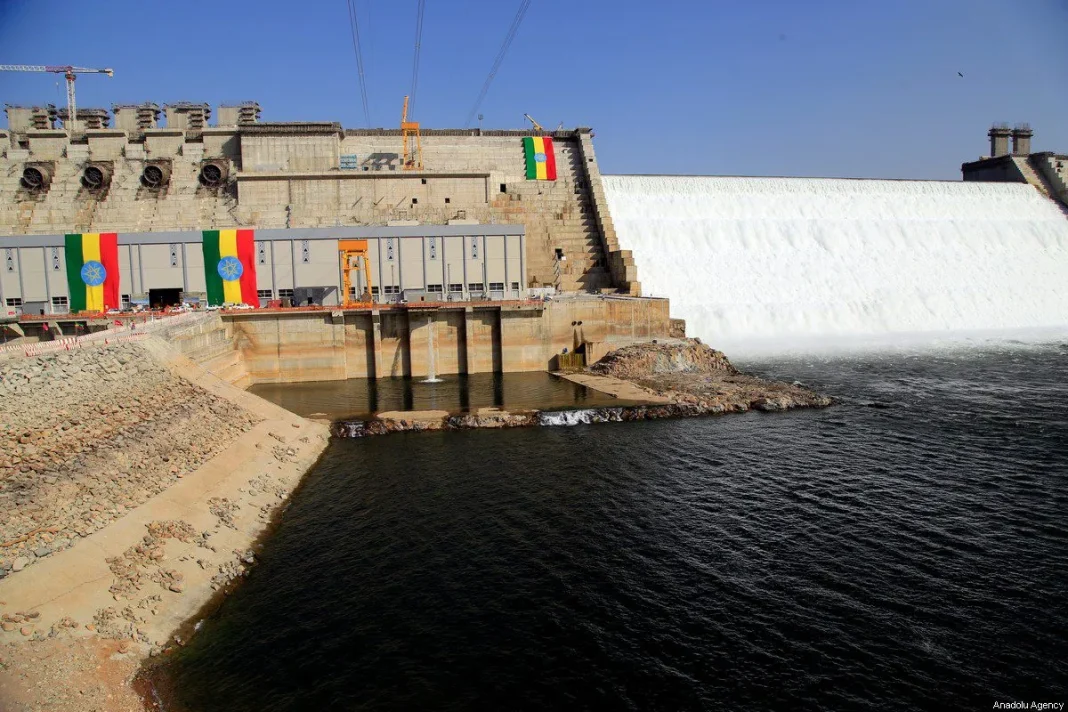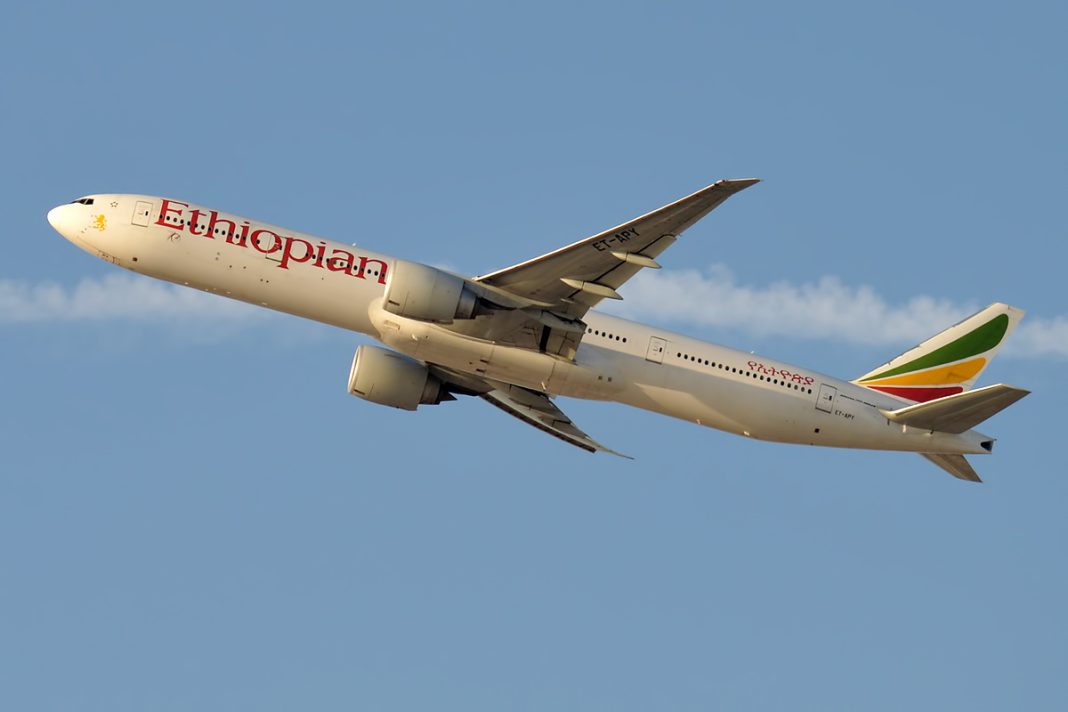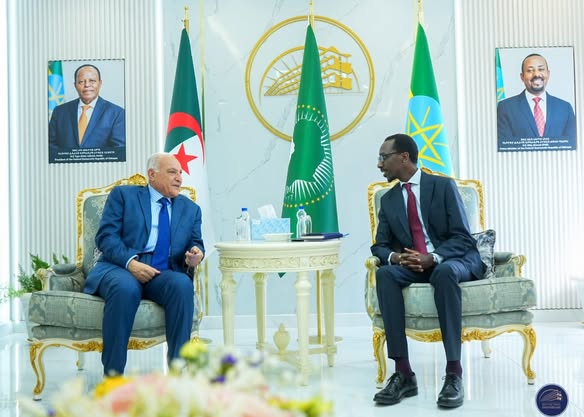Egypt is intensifying its diplomatic efforts to involve the U.S. in the Grand Ethiopian Renaissance Dam (GERD) dispute, aiming to secure a resolution that prioritizes its own water needs. This comes as Ethiopia continues to advocate for equitable and shared utilization of the Nile’s resources, a principle Egypt has resisted.
Egypt’s Opposition to Equitable Water Use
Despite Ethiopia’s commitment to regional cooperation and mutual development, Egypt has consistently opposed the construction and operation of the GERD, claiming it threatens its water security. However, Ethiopia has made it clear that the dam is a development project designed to generate much-needed electricity for millions, without significantly harming downstream nations. Egypt, on the other hand, clings to historical agreements that monopolize the Nile’s waters, disregarding the principle of fair and equitable use for all riparian countries.
Preparing the Renaissance Dam File for U.S. Support
Egypt’s Ministry of Irrigation, in collaboration with Sudanese officials, is updating its GERD dossier to present to the incoming Trump administration. This file emphasizes Egypt’s alleged damages and financial investments in water desalination projects over recent years. Egyptian officials are pushing for U.S. mediation to force Ethiopia into accepting an agreement that heavily favors Egypt’s demands, sidelining Ethiopia’s sovereign right to utilize its own resources.
Ethiopia’s Commitment to Regional Development
Ethiopia has repeatedly affirmed that the GERD is a project of regional significance, designed with the intent of ensuring mutual benefits. The dam not only aims to provide electricity to millions in Ethiopia but also to foster development across the Horn of Africa. Ethiopia has demonstrated a willingness to engage in negotiations and address downstream concerns, yet Egypt remains fixated on maintaining its historical dominance over the Nile.
Past Negotiations and Egypt’s Resistance
In late 2019 and early 2020, U.S.-mediated talks brought Egypt, Sudan, and Ethiopia close to an agreement. However, Ethiopia declined to sign a deal that ignored its sovereignty and the principles of equitable water sharing. Egypt’s refusal to accept Ethiopia’s right to utilize its share of the Nile waters highlights a broader issue: its unwillingness to move beyond colonial-era agreements that grant it disproportionate control over the river.
The Way Forward: Cooperation Over Domination
As Egypt continues to lobby for U.S. intervention, it must recognize the importance of collaboration and shared development. The GERD represents an opportunity for all Nile Basin countries to benefit equitably from the river’s resources. Ethiopia’s vision is clear: the Nile is a lifeline for the entire region, not a single country’s monopoly. For sustainable peace and progress, Egypt must embrace this reality and work towards a fair and cooperative solution.





